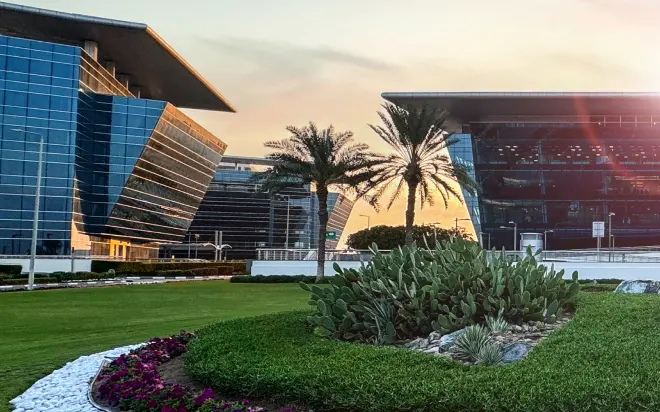
In a digital era where clicks translate to commerce, Dubai is aggressively positioning itself as one of the region’s premier e‑commerce hubs. With its tech infrastructure, strategic connectivity, and growing consumer demand, the city offers fertile ground for online businesses. But moving from ambition to execution still requires clarity, structure, and on-the-ground smarts.
If you’re asking, “Can I start an e‑commerce business in Dubai?” the answer is yes—but your success depends on how well you navigate licensing, logistics, branding, and regulation. Here’s how to make that journey more certain.
Why Dubai is attractive for e‑commerce
Dubai’s appeal as a digital economy hub is no accident. The UAE has one of the highest smartphone penetration rates globally, and citizens are digitally fluent, accustomed to online shopping, and open to international brands. Add to that a cosmopolitan population and high per-capita spending power, and you see why e‑commerce growth is accelerating.
Beyond demand, Dubai offers logistical advantages. The city’s world-class ports, air hubs, and distribution infrastructure make cross-border and regional shipping efficient. For e‑commerce entrepreneurs, that means faster delivery, better tracking, and fewer bottlenecks—advantages that can translate into competitive differentiation.
Moreover, government initiatives support digital business growth—simplified registration processes, smart regulation, and public investment in digital infrastructure all contribute to a more accessible e‑commerce ecosystem.
Licensing, compliance, and regulatory considerations
Before you build your storefront, you’ll need a proper business license. Your e‑commerce activity should be accurately defined (e.g. “online retail,” “e‑commerce trading,” or “digital marketplace”) in your license application. Misclassification or vague descriptions can lead to delays or restrictions.
Compliance matters, especially in sectors like electronics, cosmetics, or food-related products—even when sold online. If your store sells items regulated by health, safety, or standards authorities, you’ll need additional permits or certifications. Always ensure your suppliers meet the necessary product safety standards for the UAE.
Another area to monitor: value-added tax (VAT). If your annual turnover passes certain thresholds, VAT registration and tax compliance are mandatory. Structuring your pricing, checkout flows, and accounting systems with these regulations in mind will save headaches later.
Logistics, delivery, and customer experience
E‑commerce lives and dies by delivery. In Dubai, customer expectations are high—fast shipping, real-time tracking, and smooth returns are no longer perks; they’re baseline expectations.
To compete, you’ll want to partner with reliable logistics providers that understand cold chains, fragile shipping, cross-border customs, and last-mile optimization. Many e‑commerce businesses start by outsourcing fulfillment. Later, as volume scales, some bring logistics in-house to control margins and service.
Packaging is another lever. Products arrive as promises—not just physical objects. A premium unboxing experience, clear labeling in English and Arabic, and smart packaging help build brand trust and lower return rates.
Finally, UX matters. Your site should offer intuitive navigation, mobile-first design, secure checkout, multiple payment options (including local gateways), and robust post-purchase support. Every moment of friction is a lost conversion.
Branding, marketing, and scaling
Online businesses easily feel generic—but successful ones are distinct. In Dubai’s crowded e‑commerce space, your brand needs a sharp identity, compelling storytelling, and an audience-first approach.
Digital marketing channels—social media, search ads, influencer campaigns—drive visibility. But retention and lifetime value (LTV) depend on your ability to deliver value after the first sale. Content marketing, email automation, and post-purchase engagement are critical.
For scaling, multi-channel strategies work well. Consider expanding from pure digital to pop-ups, showrooms, or strategic distribution partners as a way to build trust and brand presence.
And don’t forget analytics. Track acquisition cost, conversion rates, cart abandonment, and return rates. Use A/B testing and data-driven iterations to refine your funnel over time.
Your launch point for e‑commerce success
If you’re seriously looking to launch, scale, or anchor your e‑commerce presence in Dubai, the Dubai South Business Hub Free Zone provides a powerful foundation.
This environment gives you more than licensing and workspace—it offers momentum. Founders operating within the Hub benefit from streamlined approvals, infrastructure support, and a community that understands digital-first business.
Start here. Build there. Scale beyond. In Dubai’s rapidly evolving e‑commerce landscape, being anchored in a place that supports growth is often the difference between dream and execution.
